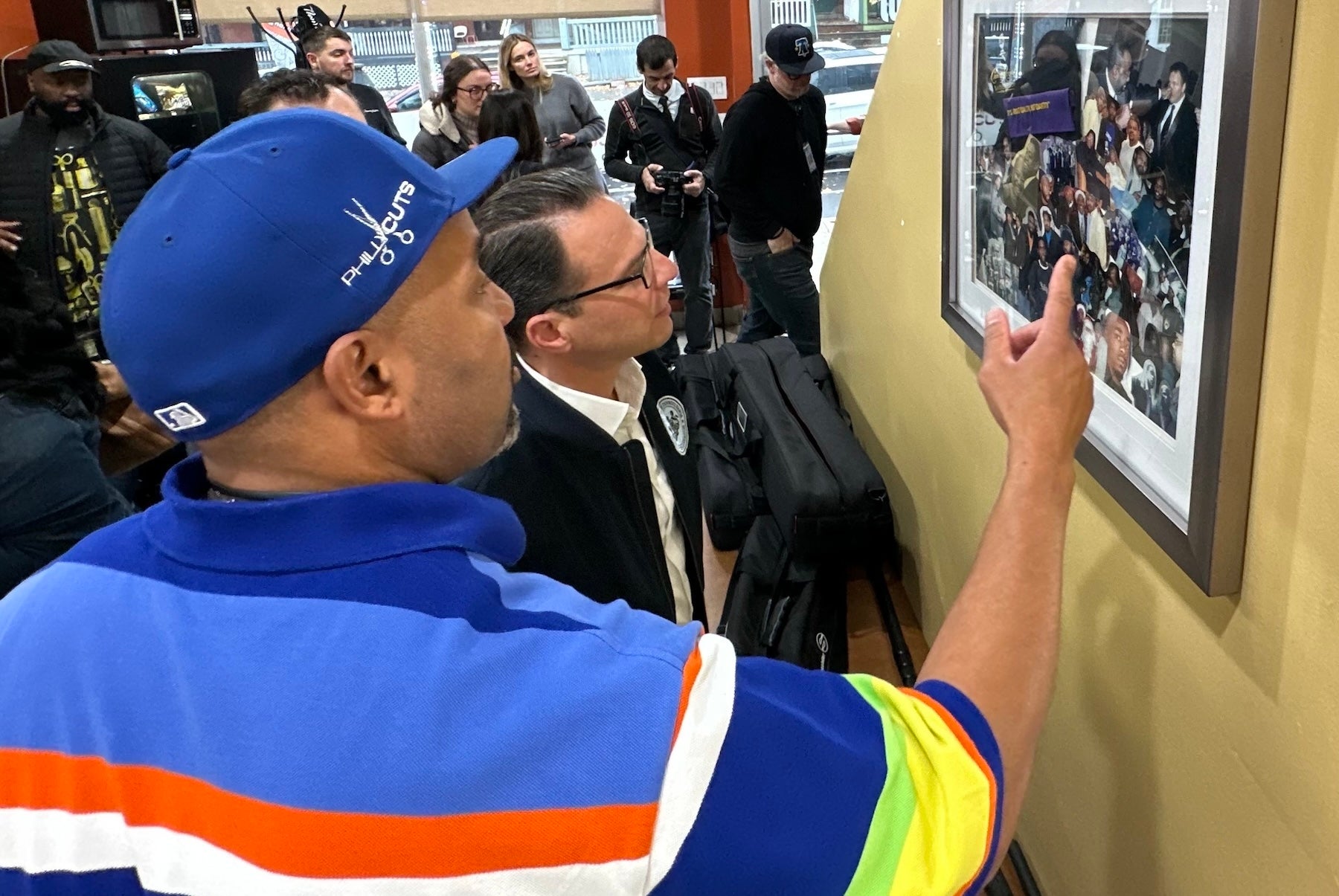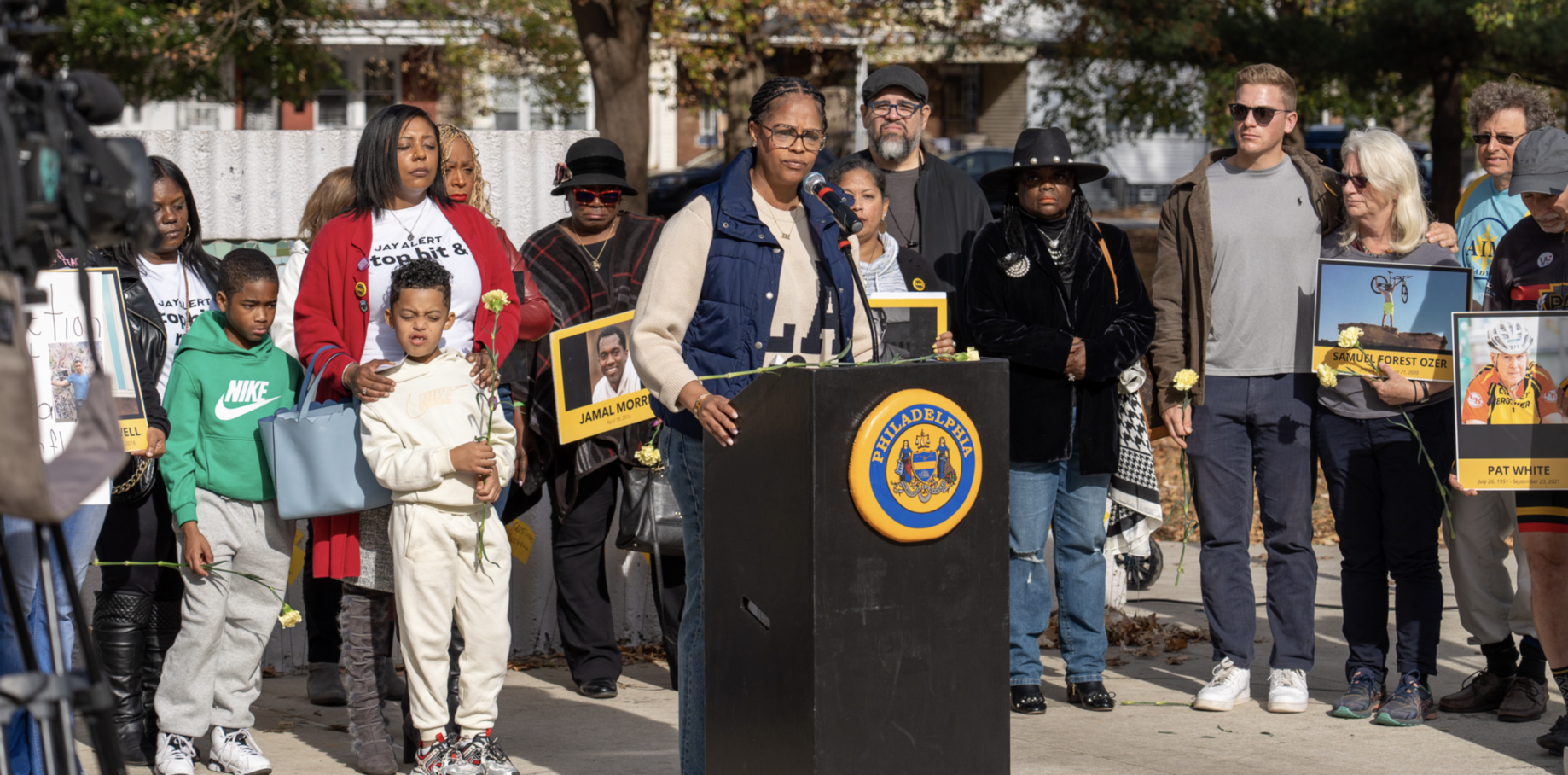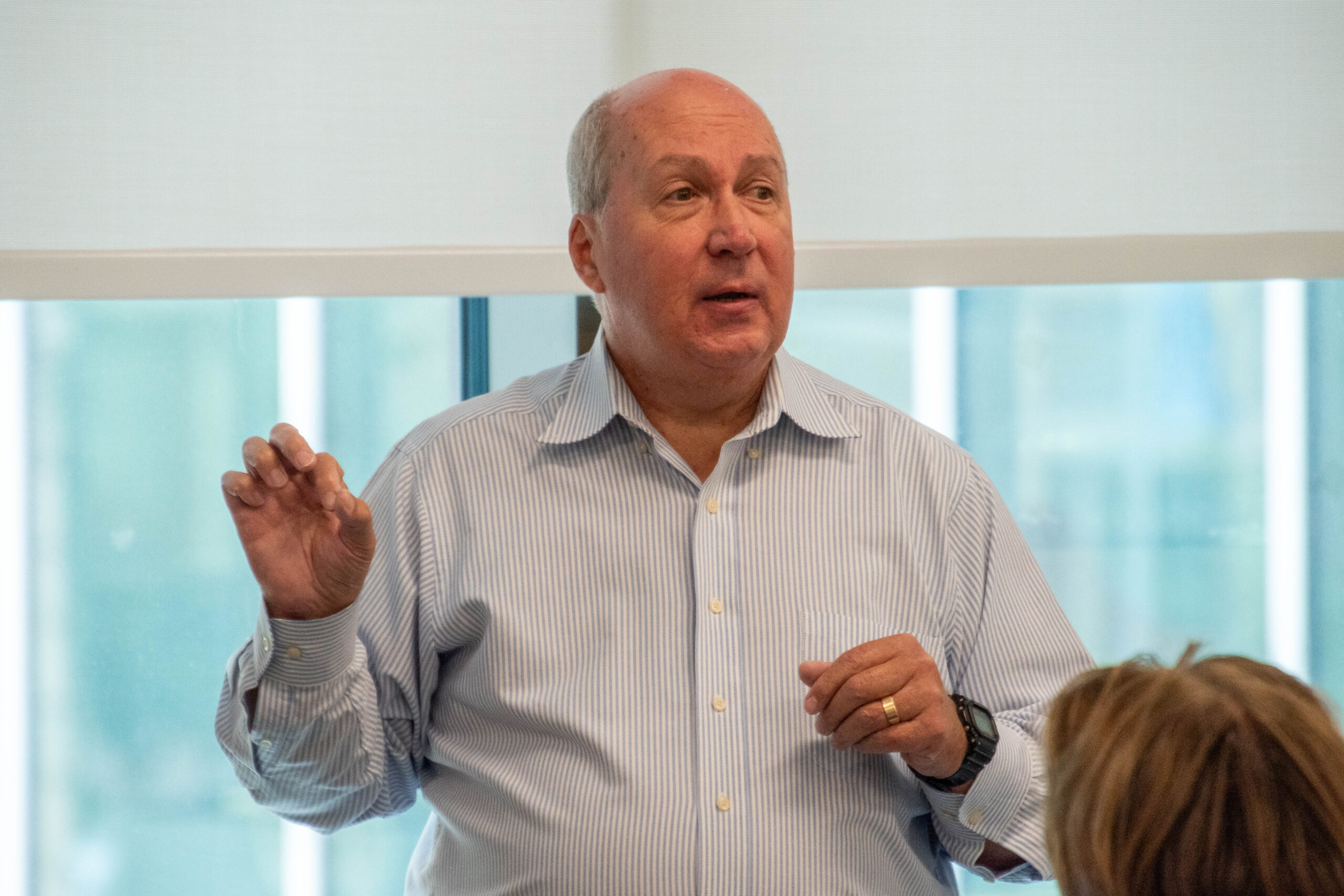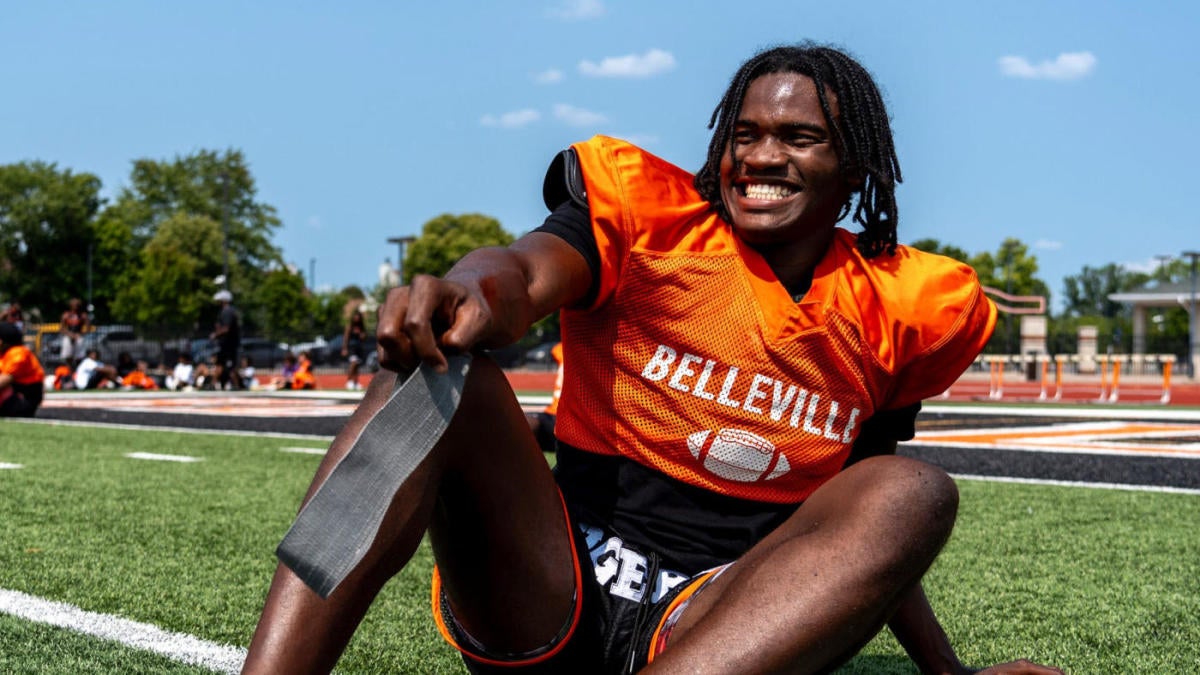Sports
Sports betting heads into busiest season – with possibility of Portland parlor

After enjoying a better-than-expected July, Maine will now head into the biggest betting season of the year.
With the NFL and college football seasons set to begin, Maine will offer a full slate of gambling’s biggest sport for the first time. The state missed the first couple of months last year before it went live on Nov. 3.
“The NFL is always king,” said Steven Silver, the chair of the Maine gambling control board. “September through December (being) in the $45 to 50 million (in wagers) range is certainly reasonable to predict, in terms of the handle. It’s just a popular time, people are familiar with the apps now. I think that’s a safe bet.”
And Mainers could have a new way to bet on those games this season. First Track Investments is seeking approval from the Portland City Council on Monday for a sports bar at 55 Market Street, the former location of the music club “The Big Easy.” According to First Track Manager Michael Cianchette, the property would look for a license to host in-person sports betting from the Department of Public Safety, which would make it the state’s first retail sports wagering location.
Maine will look for strong football numbers to continue what has already been a successful debut season. Through July, the state’s seven-month haul in taxes – equal to 10% of the adjusted gross receipts brought in by DraftKings and Caesars Sportsbook – was just over $2.9 million, putting the state in line to easily meet Gambling Control Unit Executive Director Milt Champion’s 2022 estimate of $3.8 to $6 million in annual revenue.
The numbers were boosted by a July that saw just under $42.8 million wagered, the third most in a month to date, and $603,284 going to the state, its largest haul for a month so far.
“Now that we’ve gone through the seasons, it shows that there’s a huge appetite in Maine for sports betting, people want to do it, and people are continuing to do it,” Silver said. “That’s the other thing that’s always the big question mark. You launch this new thing, people try it out, do they keep using it? And clearly, we’re seeing that they are.”
With a full offering of football ahead, Maine could be looking at its busiest stretch yet.
“I don’t know that September will pass March of last year (which saw a high of $47.6 million wagered), but I would not be surprised to see September be the second-largest month to date, only to be passed the next month by October, and then November, December, January, etc.,” said John Holden, an Indiana University professor who’s written extensively on the regulation of sports gambling.
“People are now familiar, that awareness already exists. They know what they’re getting, they know how to do this, there’s less feeling it out.”
Holden said the bets tend to pick up as the season goes on and the games get bigger, and he said the style of bets being placed changes as well.
“(Early on) we see a lot of different types of bets, we see a lot of futures bets … season-long bets are being made, win total bets are being made,” he said. “Those sort of disappear as the season drags on, you start seeing a lot more player props, award bets, people trying to hedge off some of their now defeated early-season bets (with) individual game bets.”
Even a spring and summer that were supposed to bring a downturn in numbers due to the lack of big betting sports and events saw consistent action. After March, fueled by the NCAA basketball tournaments, brought a peak of $47.6 million wagered, April, May and June saw handles of roughly $38.4, $39.9 and $39.5 million, all of which beat the amount wagered in February, January and November.
July then passed those numbers, and Silver said several factors, including the Olympics, the rise in popularity of the WNBA and the state’s summer tourism, could have fed into the big number.
“I don’t think you can discount that this is a unique summer,” he said. “We’re seeing a lot of money bet on the WNBA. That just didn’t occur in years past. That’s a nice boost as well.”
Being the third-busiest month, however, was “surprising,” Holden said.
“We came off the most popular women’s college basketball season in my recollection this year, which definitely pushed into some of the WNBA betting,” he said. “I don’t expect next year’s July numbers to match. I think what we’ll see is that Maine will likely fall in line with the rest of the country, and we’ll see the months of football season be far larger than any other period.”
July brought more revenue to the state as bettors, who had fared better in previous months, lost at a greater rate than the national average. The hold – the percentage of receipts kept by the sportsbooks after all winnings are paid out – was at 8.3% and 8.7% in May and June, respectively, below the American Gaming Association’s 2023 national average of 9.1%. In July, however, the hold rose to 14.1%, and Maine’s hold over the first nine months is at 10.6%.
“When a state first comes online, you tend to see higher hold rates,” AGA vice president of research Dave Forman said. “People are new to sports betting, they might be betting more parlays, doing more exotic bets. … People really do like the parlays. They do have a higher hold, a higher edge for the sportsbook, but it’s exciting. People like buying that lottery ticket.”
Losing bets haven’t translated into a considerable uptick in problem gambling, said Lori Manson, the problem gambling services coordinator for AdCare Maine, an Augusta nonprofit that collaborates with the state’s 211 help line. People who do need help can call 1-800-GAMBLER, which directs them to the 211 line.
“Thankfully, it’s still been pretty quiet,” she said. “It hasn’t been people banging down the doors. It has picked up a little bit, but it’s pretty small numbers still.”
Manson said 211 gets up to five calls a month from people saying they have a problem due to online gambling, and an average of 1.14 calls a month saying their problem is due to sports betting.
“It’s been not as busy as I expected it to be,” she said. “Maine’s Gambling Control Unit really paid attention to what was going on in other states, and used some of those lessons learned so that when Maine rolled out our sports betting, it was just inherently safer than in other states.”
All of Maine’s sports betting action has been entirely mobile to date, but the state’s retail market could finally open if the First Track Portland property is approved.
“We have been closely coordinating with several of Maine’s Wabanaki tribes to find opportunities to help mutually advance the market in a responsible manner that benefits Mainers,” Cianchette, the First Track manager, said in a letter included in the application to the city. Cianchette didn’t respond to requests to discuss the plans for the facility.










